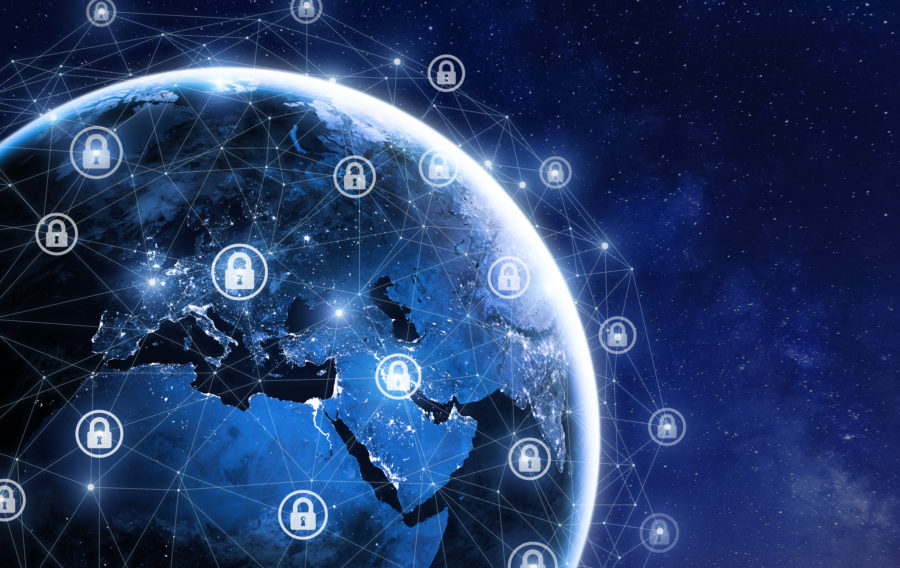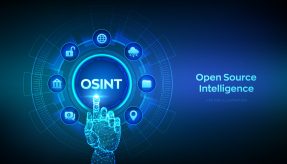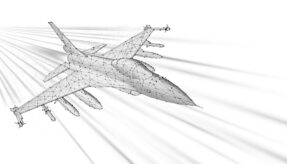
Positive Technologies have released advice on maintaining cyber security following Microsoft’s decision to stop Windows 7 support.
Cyber Security Resilience Lead at Positive Technologies, Leigh-Anne Galloway, has spoken about how Windows 7 users can ensure they are maintaining cyber security without updates. Microsoft has stopped support for Windows 7 which means users won’t receive important security updates and patches to keep their machines safe.
Galloway has commented on the risks and ways users can protect themselves. She discussed the challenges presented by Microsoft’s changes and how users can keep their data safe.
Leigh-Anne Galloway said: “Microsoft’s decision to stop support for Windows 7 presents multiple opportunities for attackers to exploit ordinary users. Especially given that the operating system is still popular. In December 2019, 26% of Windows users have Windows 7 installed, according to Statcounter. When a new zero-day vulnerability (the so-called 0-day) is discovered by attackers, the consequences are countless. For example, the popular cyberattack exploit EternalBlue and when hackers used the WannaCry network worm to infect a web of computers.”
“At the same time, attackers can take a different path, for example, stealing personal account data and passwords, infecting the system with banking Trojans; specialized banking trojans that are designed to steal account data from electronic banking systems, electronic payment systems, plastic cards, etc. We note that such data is lucrative and attractive on the darkweb. To reduce the risk of being attacked, we recommend that you use protection tools, download files only from official sites, carefully treat any attachment files received by e-mail, and update the software on your PC. Do not forget to back up all important files to a separate hard drive, and for all accounts enable two-factor authentication.”
If you would like to join our community and read more articles like this then please click here.
Computers cyber security cyber threats Data Information microsoft software








